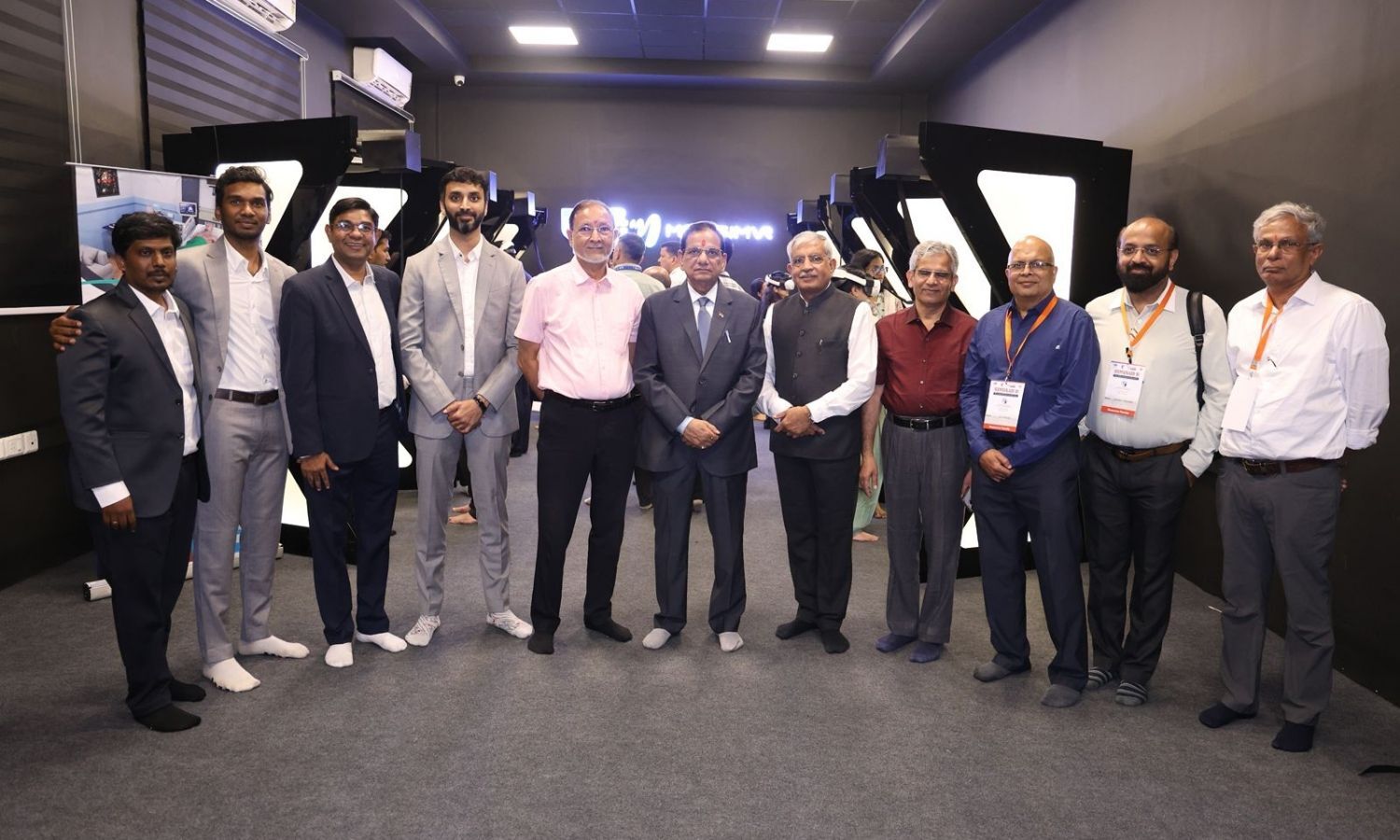September 23, 2025
2 min read
Key takeaways:
- Idebenone has a Prescription Drug User Fee Act date of Feb. 28, 2026.
- Positive results in the phase 3 RHODOS and phase 4 LEROS studies support the submission.
Editor’s note: This is a developing news story. Please check back soon for updates.
The FDA granted priority review to idebenone for the treatment of Leber hereditary optic neuropathy, according to a press release from Chiesi Global Rare Diseases.

Positive results in the phase 3 RHODOS and phase 4 LEROS studies support the submission.
Idebenone, a short-chain benzoquinone designed to target mitochondrial dysfunction in retinal ganglion cells, was assigned a Prescription Drug User Fee Act (PDUFA) date of Feb. 28, 2026. The submission is supported by positive results from the phase 3 RHODOS and phase 4 LEROS studies.
The RHODOS study, which included 85 patients with Leber hereditary optic neuropathy (LHON) who had a disease duration of 5 years or less, showed statistically significant improvements in change in best visual acuity (idebenone, +1 letter; placebo, – 6 letters; P = .0152) and change in visual acuity in the best eye (idebenone, +1 letter; placebo, – 6 letters; P = .0126).
The LEROS study, which included patients who initiated treatment with idebenone within 1 year of symptom onset, found that 42.3% of eyes in the idebenone group achieved a “clinically relevant benefit” at 12 months vs. 20.7% in the control group (P = .002). The benefits were sustained through 24 months in 52.9% of eyes in the idebenone group compared with 36% in the control group (P = .0297). Among patients who started treatment with idebenone more than 1 year after symptom onset, 50.3% showed a statistically significant benefit vs. 38.6% in the control group (P = .0087).
The most common adverse reactions, which were generally mild to moderate and reversible, were an increase of alanine aminotransferase, diarrhea and an increase in aspartate aminotransferase.
Idebenone is approved and available under the name Raxone in the European Union, the U.K., Israel, South Korea, Serbia, Switzerland, Chile, Bahrain and Taiwan.
“Data from our clinical studies and in-market experience suggest that idebenone has a favorable safety profile and the potential to improve vision,” Mitch Goldman, senior vice president of research and development at Chiesi Global Rare Diseases, said in the release. “Our collaboration with FDA’s Division of Ophthalmology reflects a shared commitment to rare disease innovation. Their guidance on this path has been invaluable, and we’re hopeful that idebenone will become the first FDA-approved treatment for LHON.”










